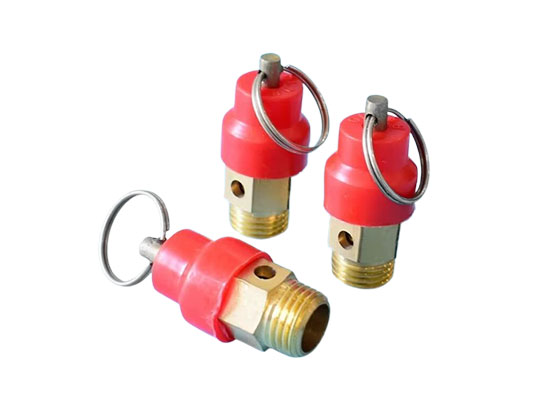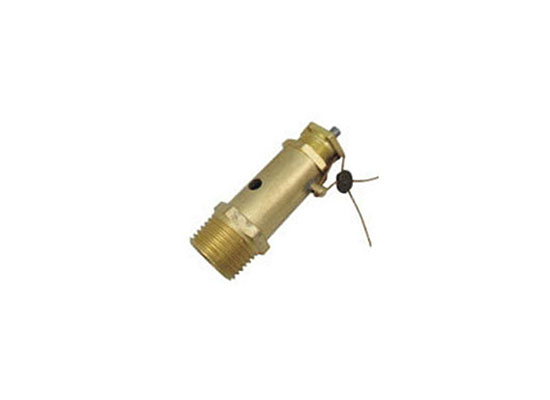
A Pneumatic Safety Valve is a type of safety valve that uses pneumatic control to operate. This type of valve is often used in automated systems where air pressure needs to be controlled to prevent overpressure or system failure. Pneumatic safety valves are designed to open and close in response to pressure changes, ensuring that the system operates within safe parameters. This structure integrates the keywords effectively while providing clear, informative content about safety valves and their uses.
A Safety Valve is a critical component used to protect systems from overpressure by automatically releasing excess pressure when it exceeds a set limit.
It is commonly used in various industries, including oil, gas, and manufacturing, to prevent damage to equipment and ensure safety in pressurized systems.
A safety valve works by monitoring the pressure in a system. When the pressure reaches a predetermined level, the valve opens to release excess pressure, preventing damage to pipes, tanks, and other equipment. Once the pressure drops to a safe level, the valve closes automatically. The mechanism can be spring-loaded or utilize a different actuation method depending on the application.
Verify the pressure set point to ensure it aligns with the system’s requirements.
Gradually increase the pressure in the system until the valve opens. Ensure that the valve fully opens and releases the pressure as intended.
After the valve releases the pressure, reduce the pressure to see if the valve reseats properly without leaks.
Ensure there is no leakage around the valve seat or other components.
For high-pressure applications, a Pressure Safety Valve is typically used.
These valves are designed to handle higher pressure levels and open reliably to protect systems from overpressure situations.
They are commonly found in industries like oil and gas, chemical processing, and power plants.

A safety valve for a pressure cooker is a specialized valve designed to release excess pressure if the cooker’s internal pressure exceeds safe limits.
This ensures the cooker does not malfunction or cause a safety hazard, like explosion or spillage. These valves are typically spring-loaded and are built into the lid of the pressure cooker.
Controls the pressure release point by providing resistance to the valve opening.
A sealing surface that ensures no leakage when the valve is closed.
The part that moves to open or close the valve when pressure increases.
Allows users to set or adjust the pressure threshold for the valve’s activation.
Protects the internal components and ensures durability under high pressure.
As a trusted safety valve manufacturer, Fokca also offers customized solutions and expert guidance, helping clients select and install the most suitable safety valve for their applications.
With rigorous testing and quality control, Fokca ensures that every safety valve meets industry standards and provides reliable protection.
FOKCA ©1998-2025 All Rights Reserved Sitemap